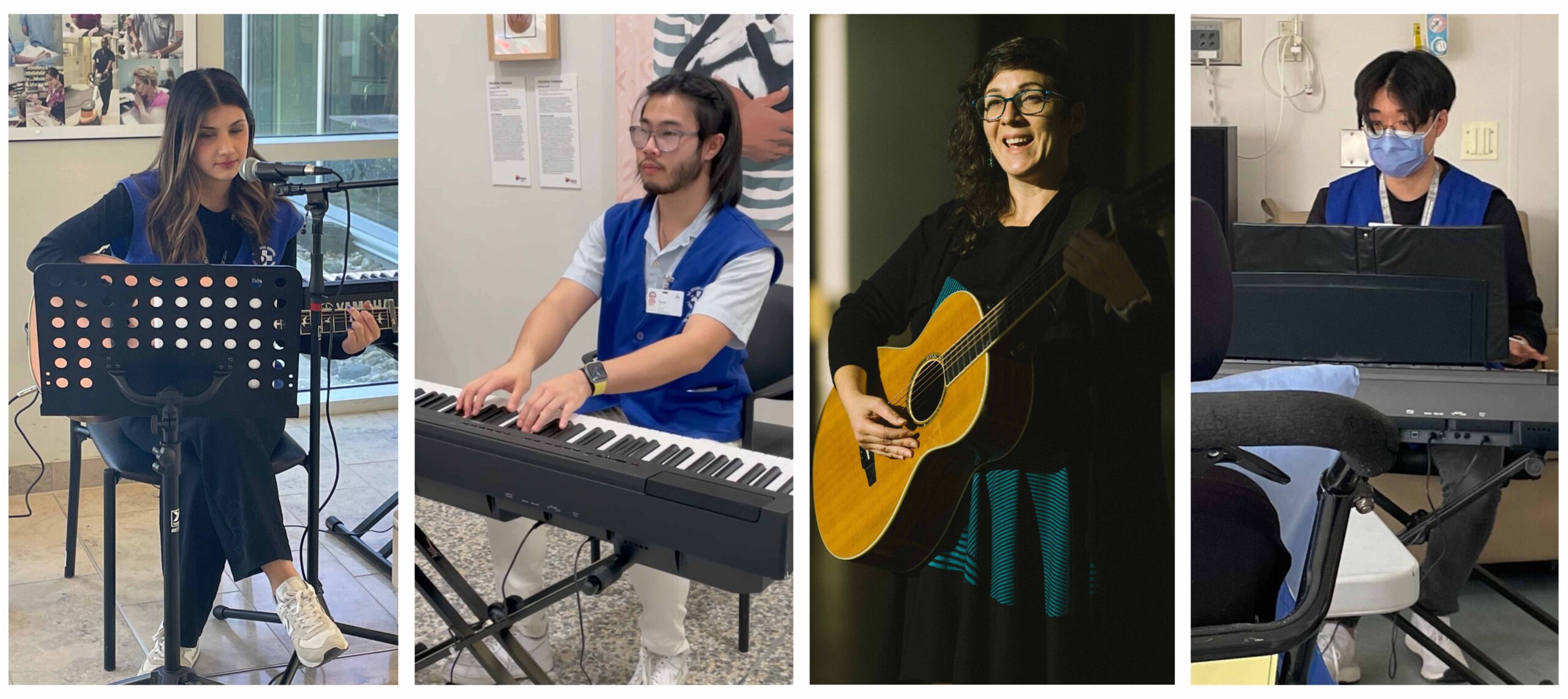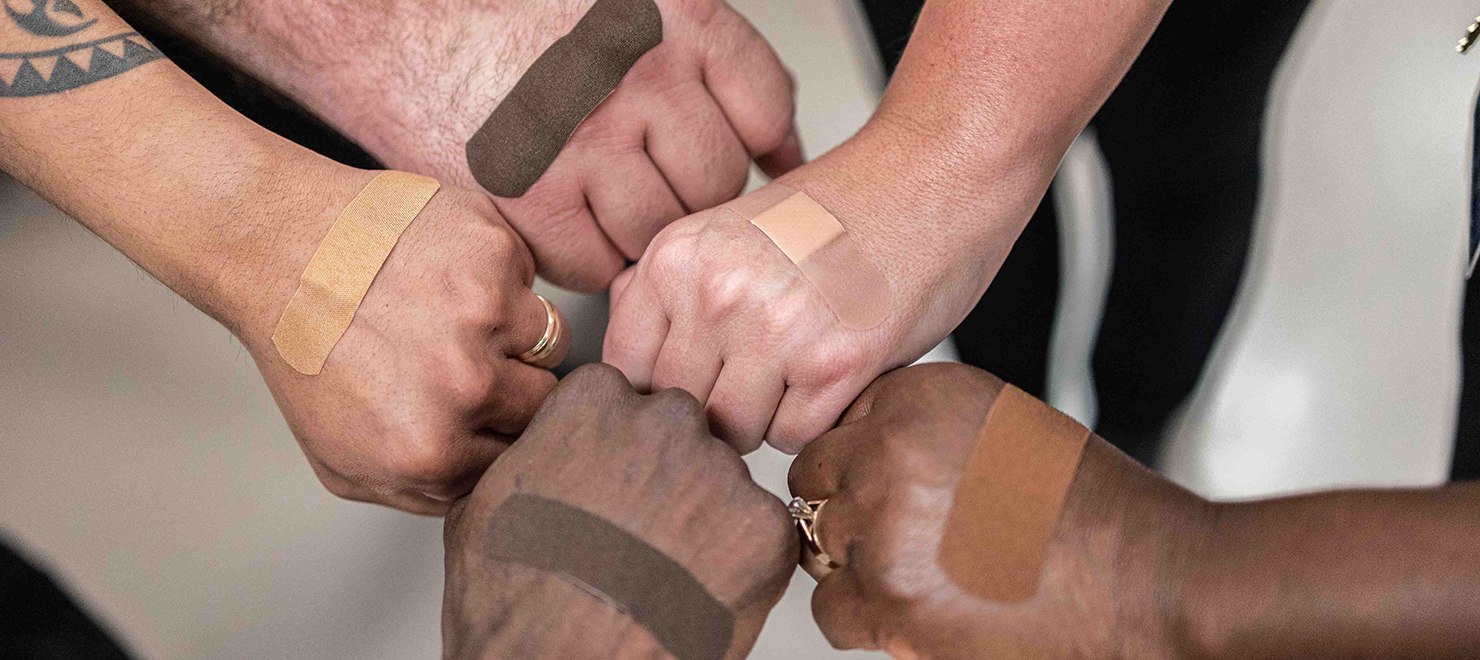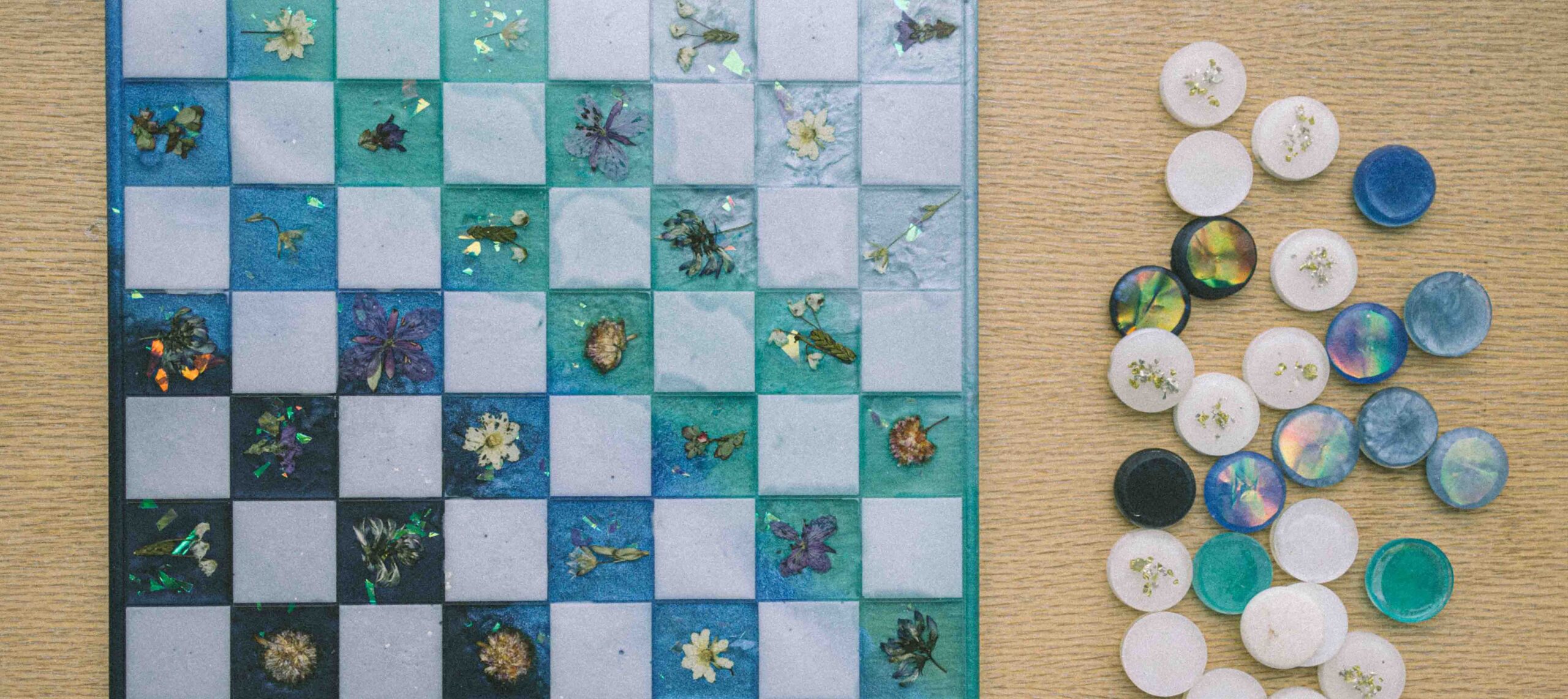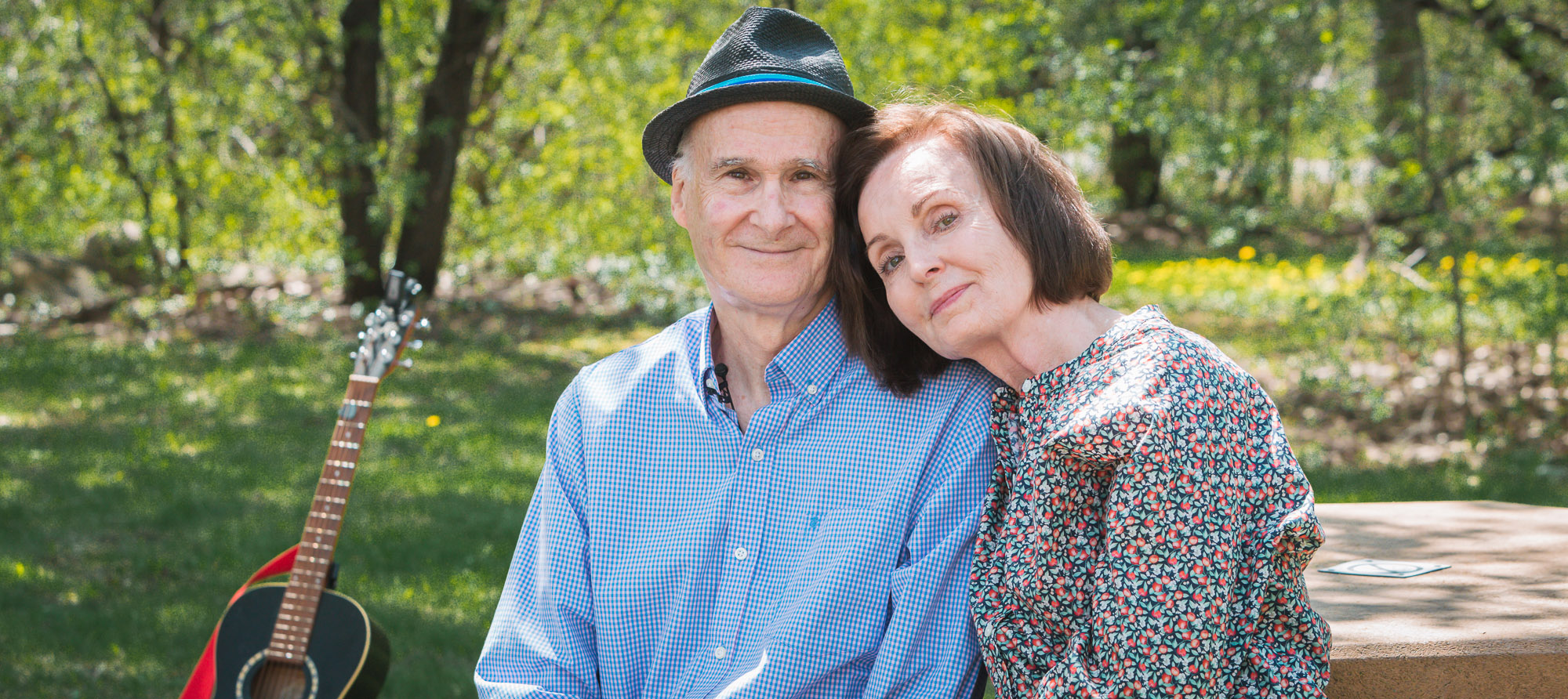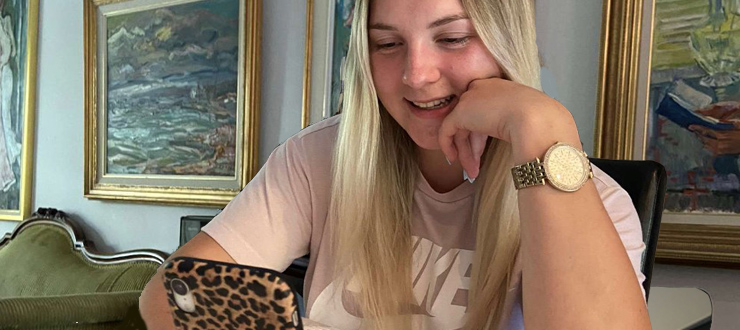
Adrianna Forrest, a university student living in Nova Scotia, has virtual appointments with her doctor at The Ottawa Hospital
Adrianna Forrest studies at St. Francis Xavier University in Antigonish, Nova Scotia. Every three months, she sees her doctor at The Ottawa Hospital without getting on a plane. She has a virtual appointment on her phone instead.
“It’s like having a FaceTime call with a friend,” said the 20-year-old. “I literally sit on my bed and put my phone on. You get sent a link with the time you meet. I click on it—and there she is. We just talk face-to-face like a normal appointment.”
Adrianna was diagnosed with Type 1 diabetes when she was eight. She was treated at CHEO, until she turned 18, when she started seeing an endocrinologist at The Ottawa Hospital.
Antigonish is a small town. The nearest specialist is two hours away and has a long wait list, so it didn’t make sense for Adrianna to find a new endocrinologist.
Also, Adrianna explained, “there is a comfort level with your own doctor who knows your blood sugar patterns and your history.”
So, when The Ottawa Hospital launched a virtual care program in February 2019, she was delighted that her doctor, Janine Malcolm, mentioned it to her right away.
“We had started that program thinking it would be a great way to engage our transitioning youth with Type 1 diabetes from CHEO to adult care,” said Dr. Malcolm, endocrinologist at The Ottawa Hospital and Queensway Carleton Hospital, and associate professor of medicine at the University of Ottawa.
Dr. Malcolm noted that the young people who came to her clinic were often not comfortable talking to her in that environment. Some of her young male patients only had one-word responses to her questions. She said knowing that these young people are “plugged in” and mainly interact with friends using their phones, it seemed like virtual care would be the perfect fit. She was right.
“I think they are less inhibited, more comfortable in their own environment.”
“Young people jumped on it like no tomorrow,” she said. “During virtual appointments, they’re telling me about this or that, and showing me stuff with their phone. I think they are less inhibited and more comfortable in their own environment.”
Adrianna appreciates the flexibility and convenience of having her appointments anywhere; particularly as she finds the experience similar to an appointment in person.
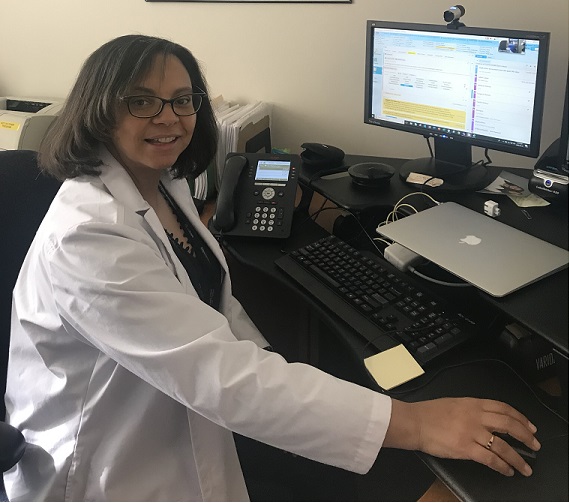
“I don’t think there is a difference because it is still face-to-face,” she said. “Even though there is a lot of distance between us in terms of land, I’m still looking at her and I see her face. It’s the same.”
Dr. Malcolm noted that with COVID-19, virtual care appointments are a good option for all her patients, not just the younger ones. Post COVID, doctors will likely continue to see patients for physical examinations. But for many appointments when meeting in person is not necessary, virtual appointments will be common.
“No one has a crystal ball,” said Dr. Malcolm, “But we probably won’t go back to packed waiting rooms. Virtual care allows us to see some of our people in person who require aspects of care like a physical exam, and see some people virtually where a conversation may be sufficient.”
For Adrianna and other young patients, having the option to see her doctor online or in person fits perfectly with her lifestyle and needs.

Support patient care and research at
The Ottawa Hospital
You might also like…
The place to be: The Ottawa Hospital recognized as one of Canada’s most admired corporate cultures
The Ottawa Hospital (TOH) has been named one of Canada’s most admired corporate cultures. Guided by compassion and commitment to patient care, TOH has developed a workplace culture that inspires confidence and trust in our employees, patients and family members.
Watch: Princess Margriet of the Netherlands sent us this lovely video message for the Civic’s 100th anniversary
If you’ve ever wondered why tulips are so important to our city, the answer involves a world war, a royal family and The Ottawa Hospital’s Civic Campus. In this special video message, Her Royal Highness Princess Margriet of the Netherlands shares why the tulip is a special symbol of the endearing friendship between her country and Canada.
A volunteer program that taps into the power of music
Studies have shown that music can benefit the body, mind, relationships and community. Musical Moments is a program where volunteers play live music to support positive outcomes for patients, visitors and staff.
We’ve got you covered: The Ottawa Hospital now offers bandages for a variety of skin tones
Whenever you’ve scraped your knee or had your blood drawn, odds are your bandage was the same colour every time. Peach has been the default hue for over a century — but no longer at The Ottawa Hospital.
Patient gifts a piece of home to Indigenous Cancer Program
Inuit patients can now see and hold a piece of their traditional territory in the Windòcàge Room at the General Campus, thanks to an interactive gift donated to The Ottawa Hospital by a cancer patient.
Second Chance: Don’s song for the people who saved his life
Making music has always been a big part of Don’s life, so when the staff and doctors at The Ottawa Hospital saved him from the brink of death, he could think of no better way to thank them.


 To reset, hold the Ctrl key, then press 0.
To reset, hold the Ctrl key, then press 0.


